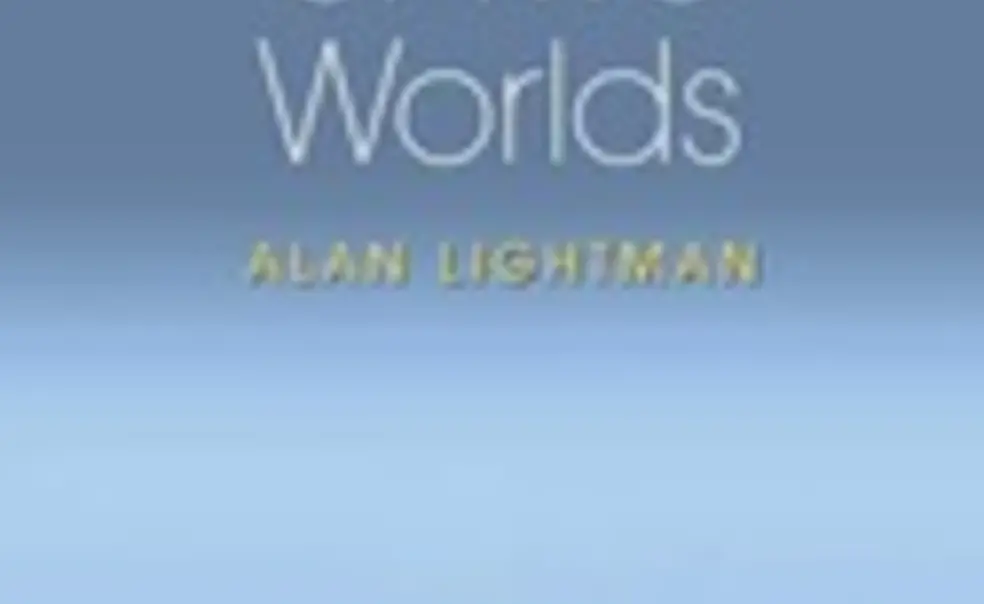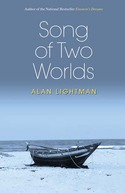Poet Lightman '70's 'two worlds'
 New book: Song of Two Worlds, by Alan Lightman ’70 (A K Peters)
New book: Song of Two Worlds, by Alan Lightman ’70 (A K Peters)The author: A physicist turned novelist, Alan Lightman has worked at the intersection of science and literature. From an early age, he was interested in both science and the arts. He started writing poetry in high school, and majored in physics at Princeton before earning a doctorate in theoretical physics. Lightman taught physics at MIT and became the first person at MIT to hold a joint faculty position in science and in the humanities. Today he is an adjunct professor in MIT's Program in Writing and Humanistic Studies. Among his novels are Einstein's Dreams, The Diagnosis, Reunion, and Ghost. His nonfiction work includes the collection of essays A Sense of the Mysterious.
The book: This book-length poem narrated by a middle-aged Muslim man from his crumbling villa on the Mediterranean follows in Lightman's tradition of examining science and the humanities. The narrator has lost his faith in all things after a mysterious personal tragedy. After decades of living "hung like a dried fly," emptied and haunted by his past, he awakens one morning revitalized and begins a Dante-like journey to find something to believe in, first turning to the world of science -- and "questions with answers" -- and then to the world of philosophy, religion, and human life -- and "questions without answers." Inspired by Bengali poet Rabindranath Tagore's poem Gitanjali -- which celebrates his faith in God -- Lightman reflected on his own faith "in the power of asking questions, the cleansing, almost spiritual nature of seeking truth about the world."
Opening lines:
Awake --
What are these quick shots of warmth,
Fractals of forests
That wind through my limbs?
Fragrance of olive and salt taste of skin,
Razz-tazz and clackety sound?
Figures and shapes slowly wheel past my view,
Villas and deserts, distorted faces,
Children, my children --
Reviews: Lightman's "introspective verse," wrote Seed magazine, "probes the connections between physical surroundings and inner states of mind." The Complete Review called Song of Two Worlds "a fairly appealing poetic take on the big questions, carefully presented in a construction that is clever (if perhaps a bit too obviously thought-through)." By Katherine Federici Greenwood













No responses yet